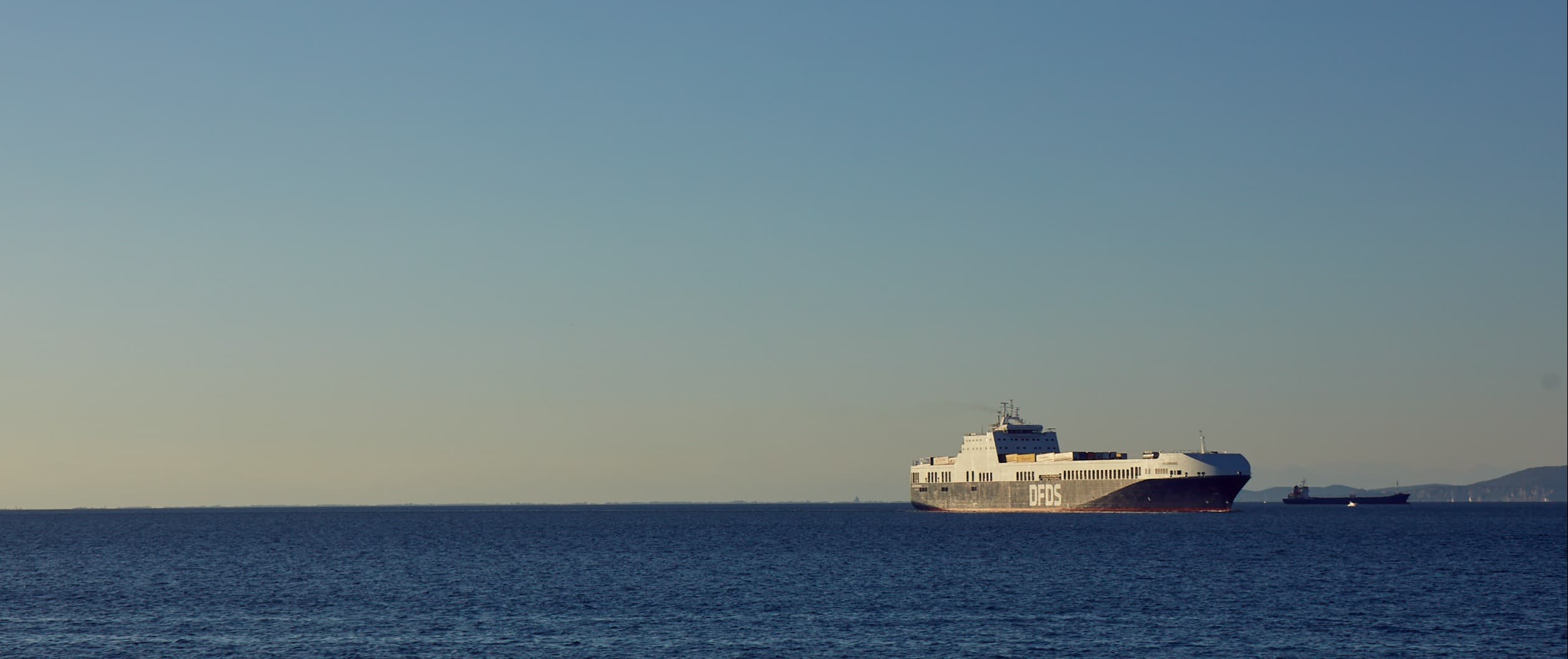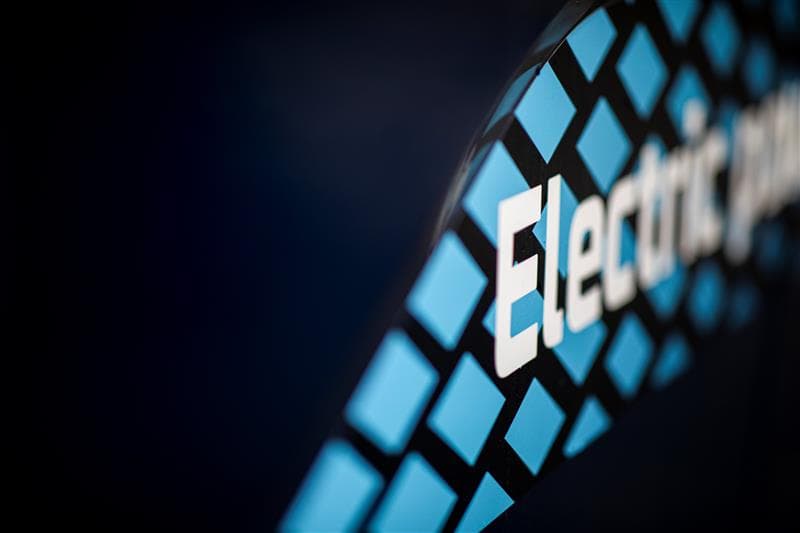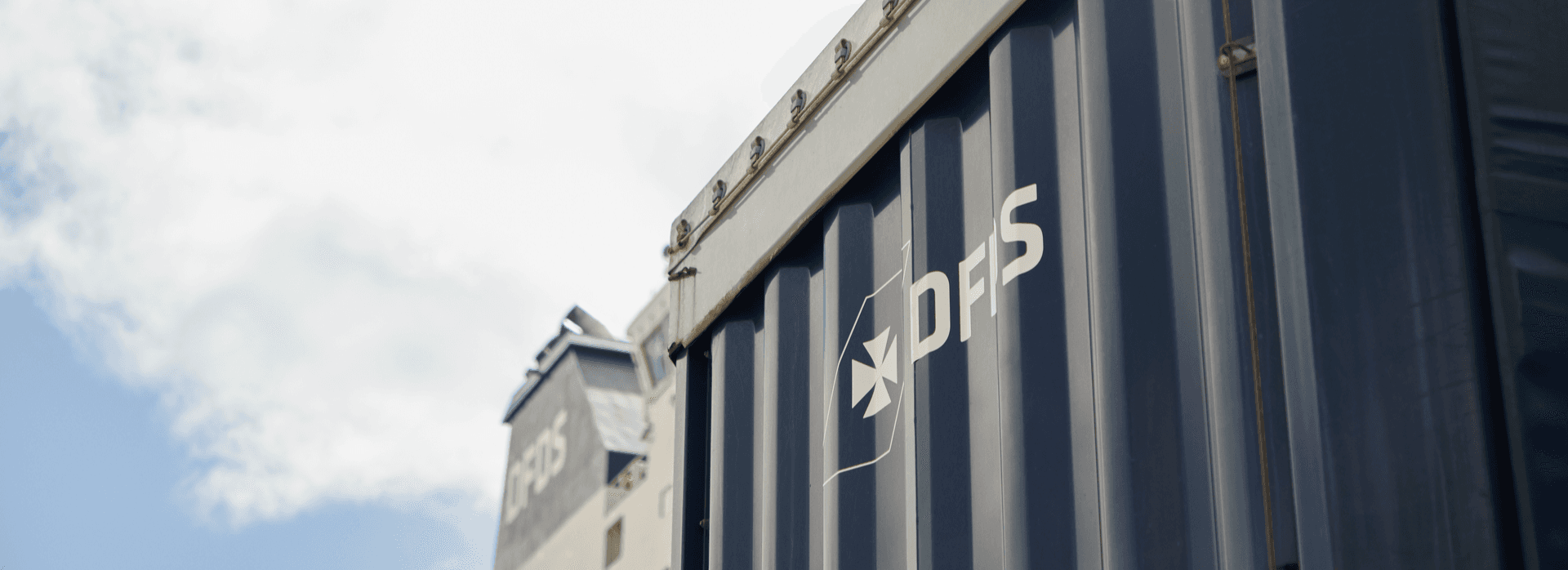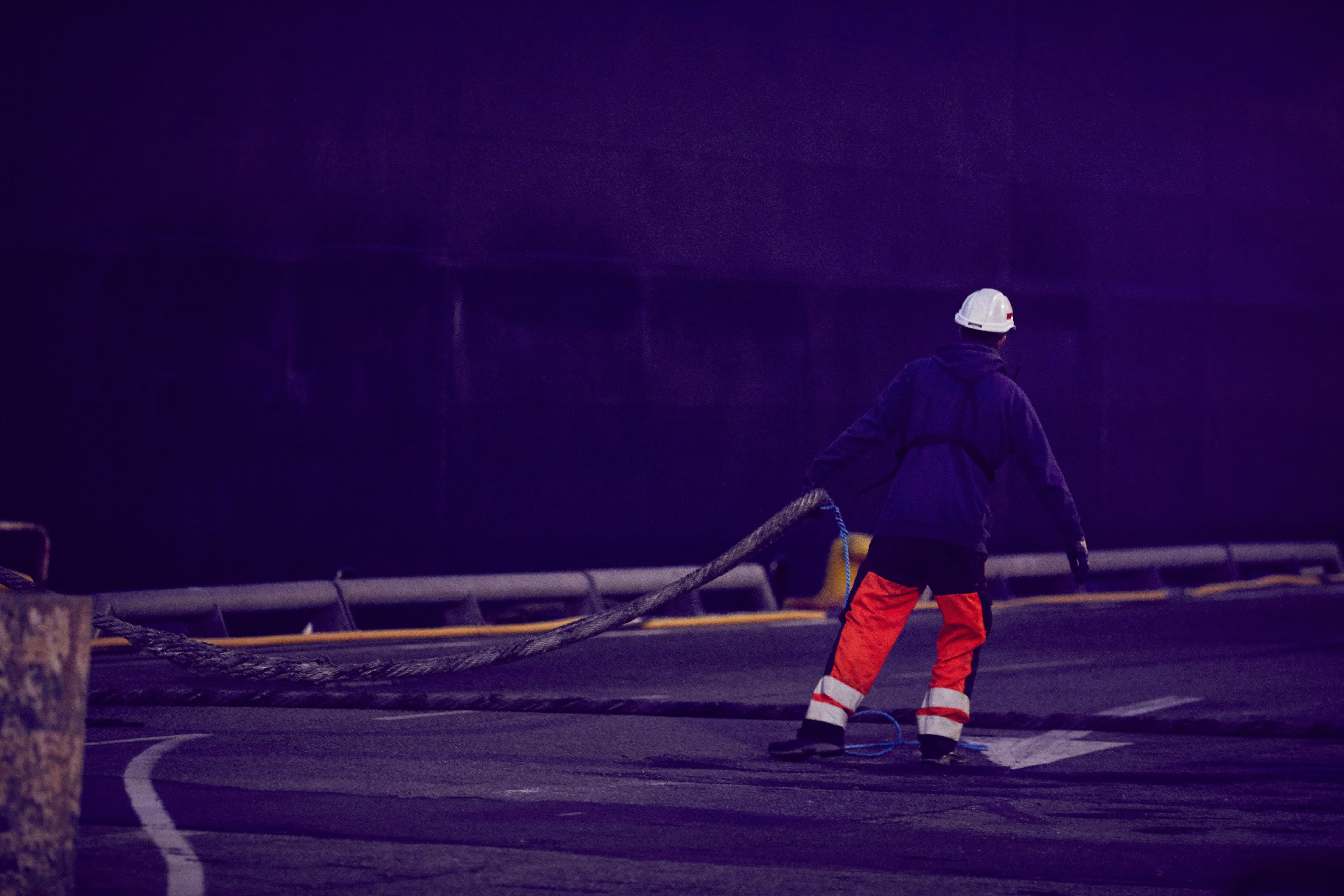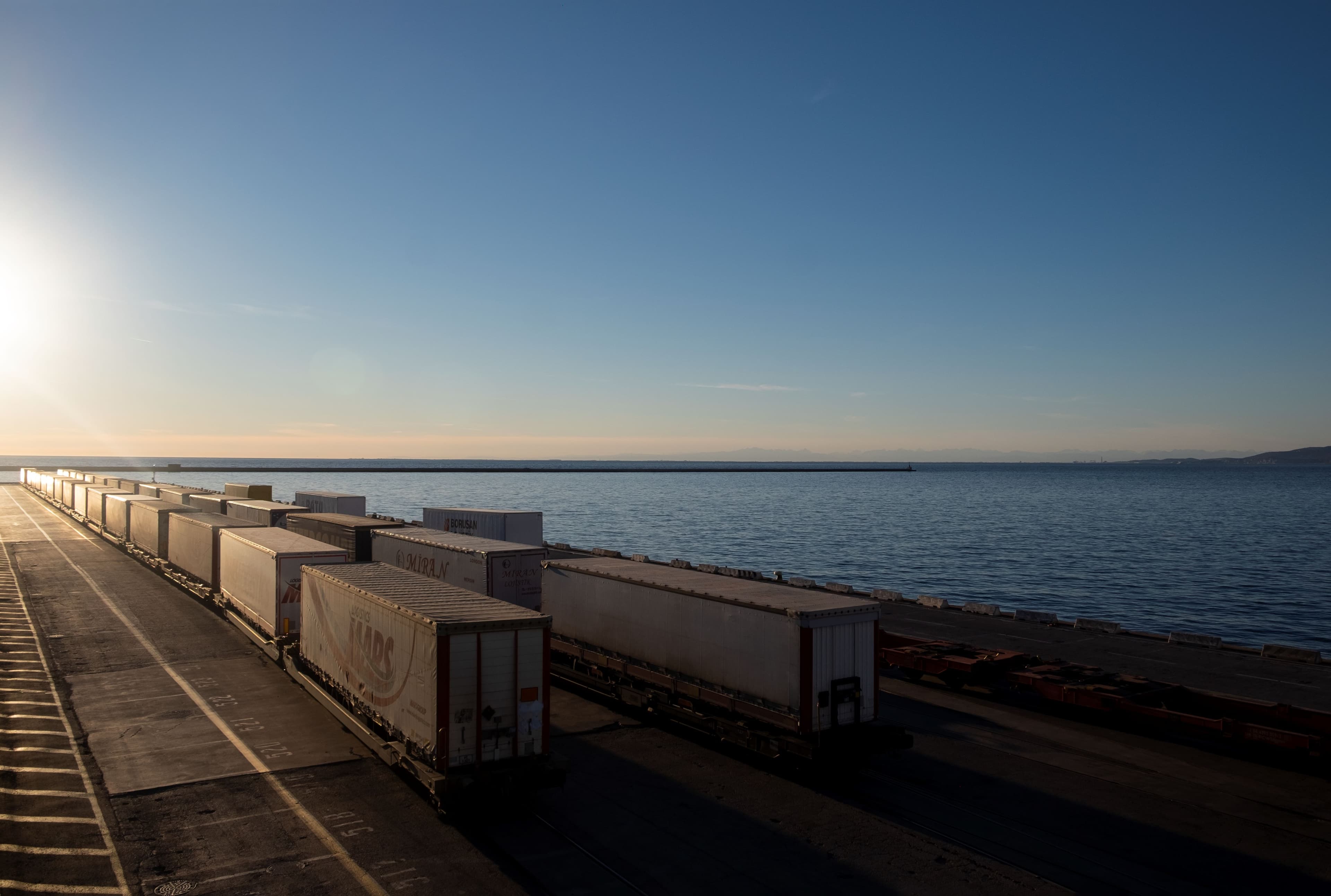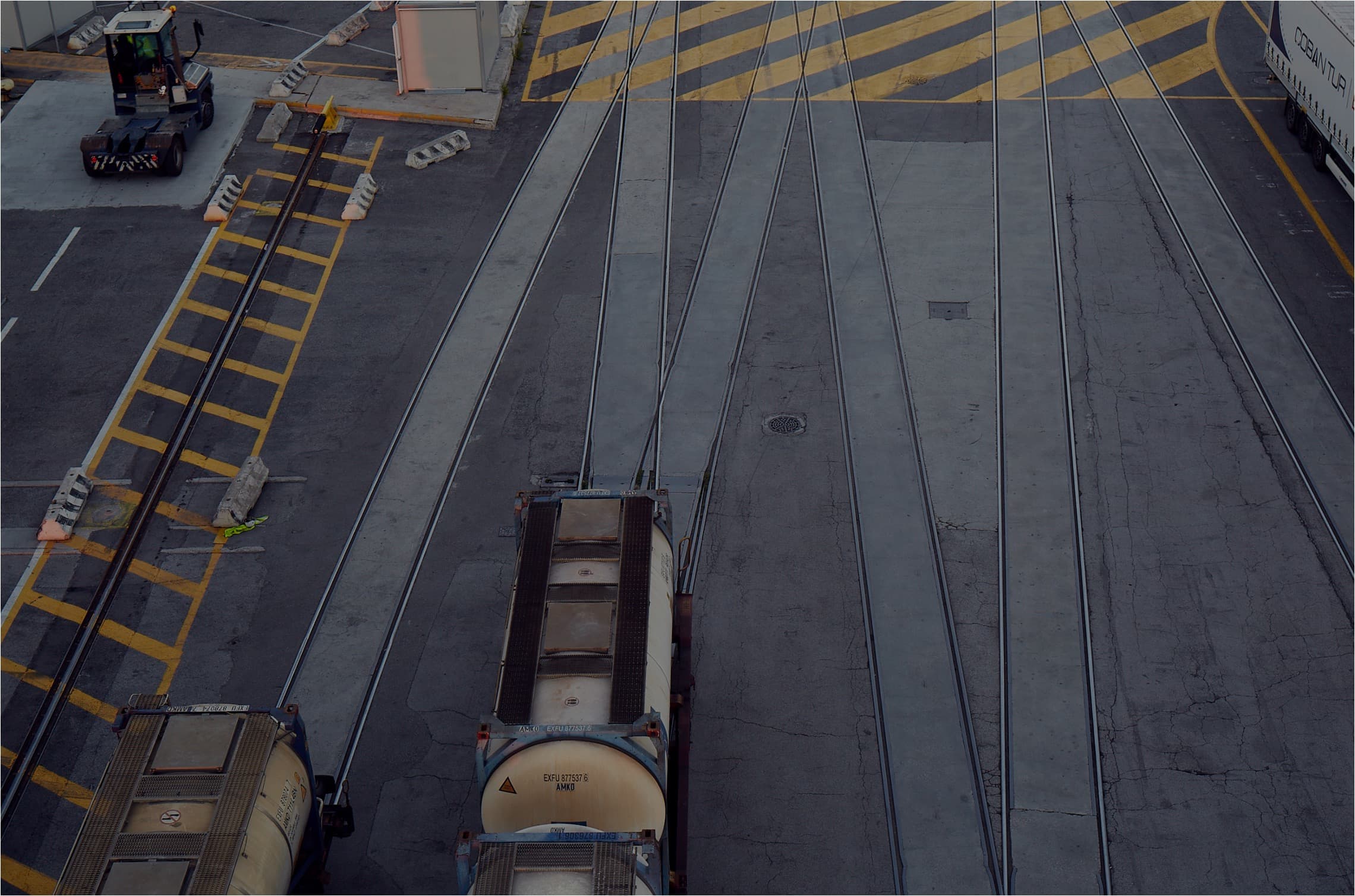A clear imperative
At its most fundamental, the climate change discussion couldn’t be more straightforward: we cannot - we must not - carry on as we are. The average temperature of the Earth’s surface is currently about 1.2° warmer than it was before the industrial revolution. In order to avoid the worst impacts of climate change - including catastrophic weather events, declining biodiversity, droughts, famine and massive population displacement - we must keep global warming to no more than 1.5° by the end of this century. For this to happen, our collective carbon emissions need to be cut by 45% before 2030, and reach net zero by 2050. And yet, despite more than 140 countries already having set net-zero targets, and 195 Parties having joined the legally binding Paris Agreement, climate scientists predict that without further significant policy shifts across the board, we are looking at an increase, not a reduction, in emissions by 2030.
It’s not through setting targets, or making pledges - however impressive and heartfelt - that we will keep our planet habitable. What matters is the work: analysing data, modelling pathways, testing solutions, making real changes and assessing impact. For any organisation, let alone one as heavily fuel-dependent as those in the logistics sector, this is work that requires considerable investment, and comes with undeniable risks. And it cannot happen behind the closed doors of a few dedicated offices, nor within a single, specialist team; it requires shifts in ways of thinking and behaving from every individual. This is the culture that DFDS is dedicated to embedding: sustainability is everyone’s business.
The bigger picture
As Vice President and Head of Decarbonisation at DFDS, Sophie-Kim Chapman might be expected to have strong views about the importance of moving away from fossil fuels. And of course, she does; however, as an experienced transformation specialist, with a history of running areas that are “about to become the new normal”, she is also very clear that the responsibilities of her current role reach much further than ensuring timely progress towards the company’s stated emissions reduction goals. The level of expertise and experience she has recruited to the DFDS decarbonisation team (see panel, right) is exceptional; and it both feeds into, and is nourished and developed by insights and learnings from every part of the business - especially on-the-ground operations.
“Sustainability will be important forever; decarbonisation will be important until it’s done”
points out Sophie-Kim. In other words, yes, getting over our addiction to fossil fuels is crucial - for DFDS, for the shipping industry generally and indeed, for all human endeavours - but if the methods we choose to effect that transition fail to take into account the bigger picture, we risk simply moving the problem from one place to another. On the other hand, as Sophie-Kim is keen to stress, the importance of achieving emissions reductions in the short term is sometimes such, that difficult trade-offs do have to be made along the way.
A science-based pathway

Mapping a realistic route to net zero that takes into account the ‘three Ps’ of sustainability - people, planet, profit - throughout, whilst also acknowledging the overarching need for ways of working that demand less energy overall, is a complex conundrum, both logistically and commercially. “One thing we won’t do, as a company, is make a commitment unless we are sure we can fulfil it,” says Lina Barsøe, DFDS’ Head of Decarbonisation Pathways. That’s why, despite its obvious appeal as a publicly credible mechanism for aligning corporate sustainability goals with global climate targets, DFDS has not at this point signed up to the Science-Based Targets initiative (SBTi), which currently mandates for relatively high emissions before 2030, positing the majority of decarbonisation as happening between 2030 and 2040.
“We are using the same IPCC data as SBTi to set a global carbon budget between now and 2050; that’s non-negotiable, and can only go down,” Lina explains. “However, we’ve extrapolated our share of that budget, and are focused on identifying a science-based pathway we can absolutely commit to, that will enable us to stay within our carbon budget in a way that is affordable, and enables us to continue delivering for our customers, doing no significant harm according to the EU Taxonomy principles.” It’s a work in progress, requiring sophisticated data analysis and meticulous modelling, with potential pathways reviewed and adjusted over time, incorporating advances in both technology and understanding as they inevitably arise. But it’s also about making those real changes mentioned earlier – and seeing what happens.
For example, in March 2024, DFDS placed an order for an additional 100 Volvo electric trucks, bringing the total number in its fleet – already the largest in Europe - to 225.
“We were way ahead of the curve when we started replacing our diesel trucks with electric vehicles,”
says Niklas Anderson, EVP and Head of Logistics. “It needed some pretty creative thinking around the infrastructure, especially at the start; but by the end of 2023, our Well-to-Wheel greenhouse gas emissions had reduced by 1,516 tonnes.”

Meanwhile, on the water, DFDS’s response to the array of potential alternative fuel options out there, all with their own advantages and challenges, and in varying states of maturity, is a hugely pragmatic ‘2+2+2’ plan: a commitment to launch six alternatively-fuelled vessels by 2030 – two battery-electric vessels for its Channel routes, two ammonia-fuelled Ro-Ro vessels in the North Sea and two methanol-fuelled vessels for passenger services (read more about DFDS’s alternative fuel options here).
Modelling for the future
Alongside this internal work, external factors also have a part to play in DFDS’s decarbonisation journey; particularly regulation, which is important for creating a more level playing field, and without which real systemic change rarely happens. The updated, more ambitious guidance recently introduced by the International Maritime Organization (IMO) is welcome from DFDS’ perspective, but there is a wider conversation to be had, and DFDS is determined to be a leading participant - not only complying with existing regulations, but actively advocating for more rigorous, thoughtful and widespread measures. By working with industry bodies, governments, and international organisations, DFDS wants to help shape an equitable regulatory environment that incentivises innovation and ensures that no company can gain a competitive advantage by shirking its environmental responsibilities, nor be commercially penalised for doing the opposite (find out more about DFDS’s conversations around regulation here).
But will all this be enough? Lau Blaxekjær, Head of Decarbonisation Funding at DFDS, takes the thinking further. “Looking ahead, the future of sustainable business must surely be one in which using less energy and cutting carbon emissions are not just environmental imperatives but also commercially advantageous,” he says.
“Imagine a world where companies are rewarded for minimising their energy consumption—where efficiency isn’t merely a cost-saving measure but a key driver of profit. The best energy to consume is the kind you don’t consume at all; as a society, that’s how we need to be thinking.”
In this post-decarbonisation vision, there would be no unnecessary transport – because companies would be working together to fulfil customers’ requirements through making the best possible use of every tonne carried, every kilometre driven and every nautical mile sailed. Information would be shared, and infrastructure collaboratively developed. Customers would pay to ensure less – not more, or faster – transport; the remaining, necessary logistics fulfilment would be fossil-free, with any environmental impacts monitored and mitigated in real time. And everyone would be able to breathe a little more easily.
Such existential reframing of the way we live, work and do business - including how we move things from one place to another - will not happen overnight; but nor do we have unlimited time in which to make real changes. As things stand, the shipping industry is responsible for around 3% of global carbon emissions - inaction is not an option.
An anecdote from Lina Barsøe perfectly illustrates the imperative. “I grew up near where the ferries departed from to sail to what was once the DDR,” she recalls. “My grandad was a captain on those ferries before the Wall fell, and he used to tell me about how he would sometimes smuggle little things across – batteries for toys near Christmas, or a pair of outgrown jeans. Nothing big; but items that weren’t accessible for dock workers at the time. At the end of each story, my grandmother would chip in with, “Isn’t it amazing how the world has opened up!” or, “Now those poor people can finally live freely!” And so, when I am old and blathering on about how wonderful it is that there are now electric cars everywhere, or how impressive it is that we have closed the last coal-plant, I hope that someone very young will look at me, and smile, and think, well, of course it is like that now; the system you had was never sustainable and never fair. Of course it had to yield for something better.”
“We don’t claim to have all the answers,” adds Sophie-Kim Chapman, “but we are doing our best to make sure we are asking the right questions.” The challenge is undeniably immense, but it’s one that DFDS is determined to embrace; and with it, the opportunity to create a cleaner, safer, more sustainable world for now, and for future generations.
Meet the DFDS decarbonisation team

“What change would you like to see, to make this transition easier or faster?”
Sophie-Kim Chapman, Vice President and Head of Decarbonisation For me, it comes down to a changed mindset - shifting from linear to circular ways of thinking, and a much broader awareness that the global financial system needs to be fundamentally 'reshaped' (to borrow a phrase from the Bridgetown Initiative), if we are going to succeed.
Lina Barsøe, Head of Decarbonisation Pathways I’d like to see a much, much stronger focus on using all the knowledge and solutions we already have available to cut down on energy and fuel use. That will make the challenge of transitioning to alternative fuels both easier and cheaper, because we won't need to secure such large amounts of expensive new fuels.
Lau Blaxekjær, Head of Decarbonisation Funding I would like governments and CEOs to understand that inaction is more expensive than climate action - even over the next few years. We need to see a shift away from fossil fuel subsidies, and significant increase in investments in renewable energy and large-scale Power-to-X by 2030 to be able to keep the global and regional climate systems relatively stable and predictable.
Lidija Peters, Decarbonisation Project Manager To make the transition to decarbonised logistics faster, I would like to see a deeper understanding of the urgent need for change, and recognition that commitment from all stakeholders involved, not just passion, drives this essential work.
Andrea Pittaluga, Knowledge Manager - Group Decarbonisation I wish that as human beings, we could be communally persuaded that this transition must happen for our own good. Nothing could be more powerful than a conscious humanity for accelerating the journey to net zero.
Andrea Bettella, Business Analyst – Decarbonisation In order to get to a reasonable pace of transition, I believe we need more industry-wide collaboration and initiatives. Achieving a sustainable future is a collective responsibility for the whole system, not just for individuals. On the other hand, individuals can and do have the power to trigger systematic change.
Cecilie Damgaard Jensen, Decarbonisation Analyst Impactful decisions right now are crucial to benefit from regulation, but this does require bravery, and big investments. It is like a bungee jump; making a leap of faith towards a fuel type, and putting trust in our organisational knowledge, strategical insights and today's best practice. There will be ups and downs, but we must commit to the long-term goal.
Aixa Pérez, Decarbonisation Specialist I would like to see the decarbonisation journey fully understood, accepted and facilitated by all the segments of DFDS. It is true that every single action is important, but, given the magnitude of the challenge ahead of us, I would emphasise the necessity of vision, planning and commitment with the transition.
Nibirh Mandal - Decarbonisation Project Manager, Ferry and Terminals I wish to see more excitement and recognition of the opportunities to create more business value by accelerating our net zero transition. I believe that by leveraging proven and emerging technologies, including digitalisation, machine learning, and AI, we can accelerate our decarbonisation goals with win-win solutions.
Esther Kabiito, Projects and Continuous Improvement Coordinator I would like to see on-going education and training provided to all all employees about the importance of decarbonisation and the different strategies DFDS is implementing. This will help build the culture and ensure everyone is on the same page.
Jeroen van Wensen, Decarbonisation Manager I would like to get more internal and external stakeholders involved by communications demonstrating our efforts so far. We should involve everybody to make the green transition work, including our transport and logistics peers. Partnership is leadership.

